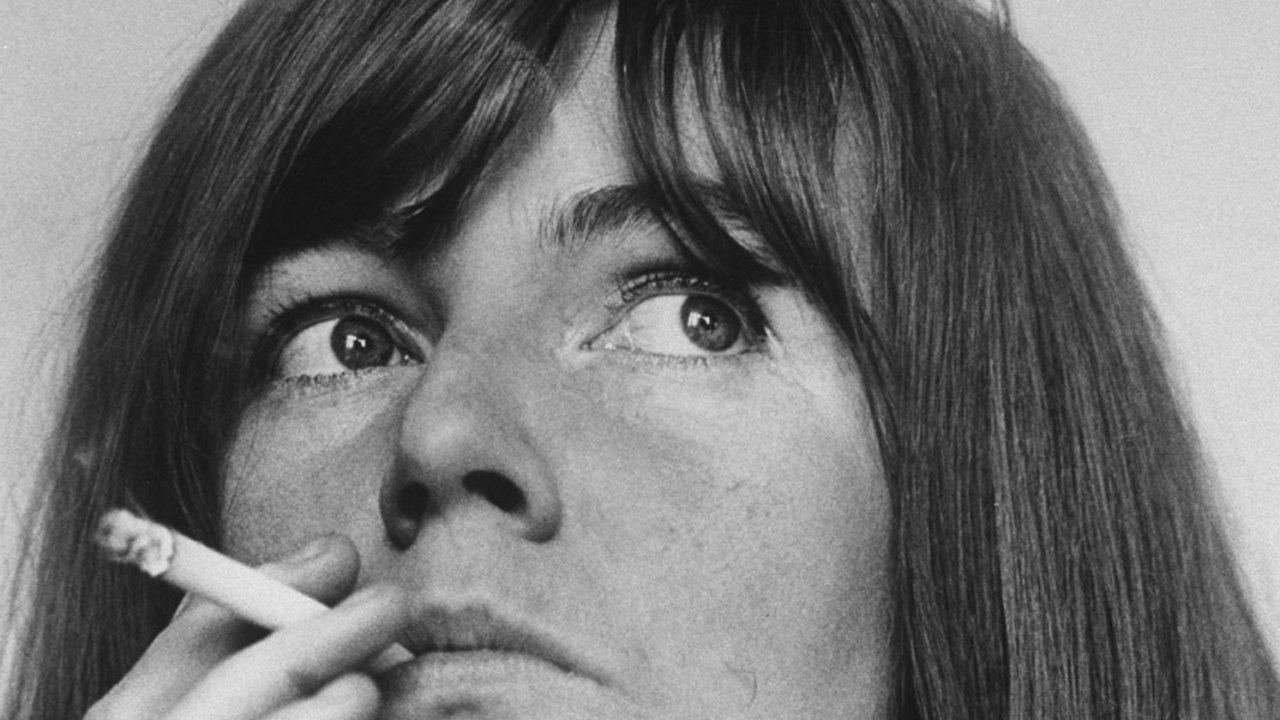Emerging from rural Ireland, Edna O’Brien broke multiple taboos with her sexually provocative literature and equally adventurous love life. Here, she opens up about her past with additional perspectives offered by Gabriel Byrne, Walter Mosely, and others.

Edna O’Brien defied Ireland’s patriarchal and religious constraints with her sexually frank 1960 debut novel, The Country Girls. She became a literary sensation, writing for The New Yorker, delivering provocative interviews, authoring screenplays, and hosting star-studded parties. She was as prolific in conducting love affairs as she was writing novels. She made a fortune and lost a fortune.
Filmmaker Sinéad O’Shea taps into a wealth of material including unpublished diaries, decades of television appearances, and new interviews with O’Brien, in her 90s and as incisive as ever. We hear from her sons Carlo and Sasha about their unconventional upbringing with a divorced mother whose house guests included Marlon Brando, Judy Garland, and Paul McCartney. The actor Gabriel Byrne explains how O’Brien broke taboos while writer Walter Mosely describes how she changed his life as his teacher.
Nothing about her path was easy. Her childhood was overshadowed by an abusive father she escaped by marrying an oppressive older writer, Ernest Gébler. He routinely belittled her writing and once belligerently criticized her for using the expression “blue road,” insisting there was no such thing. She found the courage to stand up to him and many other adversaries, including the government and the Catholic church, which condemned her works as obscene.
The film is as candid and as pleasurable as O’Brien’s novels, including a section about her tumultuous affair with a married British politician. She doesn’t shy away from any topic. The light may have dimmed on her celebrity, but this documentary is a revelation and especially poignant after her death in July.
THOM POWERS
Screenings
Scotiabank 5
Scotiabank 14
Scotiabank 11
Scotiabank 5